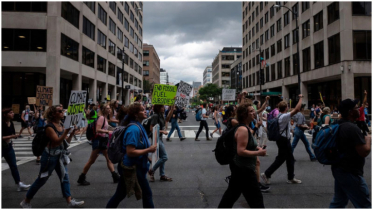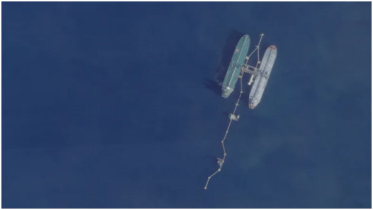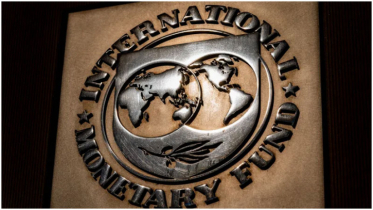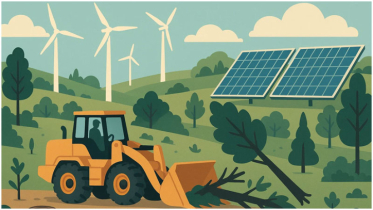Huge debts to China come due: Will the world's poorest have to pay?
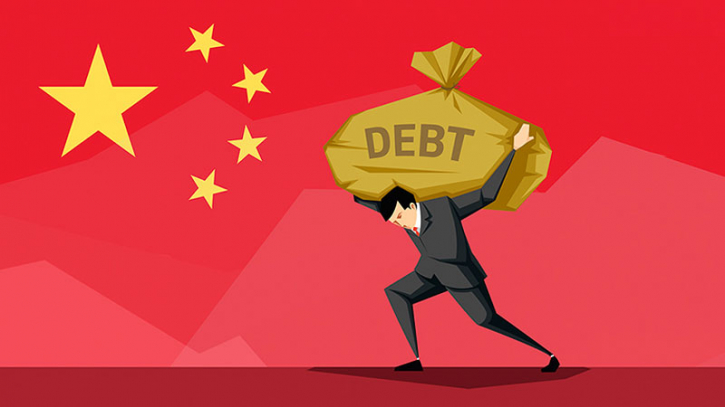
Chinese President Xi Jinping and his top officials have a choice to make this weekend. It will show more clearly what kind of global economic role China intends to play: dealmaker, or sower of chaos?
At stake is whether China agrees to forgive a portion of loan repayments from the developing world — as most other leading government creditors, including the United States and India, are ready to do. The correct action — both morally and financially — is clear. If China refuses to participate in debt reduction, it shows plainly that Beijing is not willing to accept the economic and moral responsibilities that go with being a global economic leader.
All eyes will be on China as world financial leaders gather Saturday on the sidelines of the Group of 20 finance meeting in India to discuss debt forgiveness at a moment of fiscal peril for many of the world’s poorest nations. Sixty percent of low-income countries are at or near distress, according to International Monetary Fund Managing Director Kristalina Georgieva. The crisis has already arrived in some. Sri Lanka defaulted for the first time in its history last year, and its economy is melting down. Protesters ousted the president in July. Zambia defaulted in 2020 and has yet to recover. Last week, Zambian President Hakainde Hichilema called the debt “suicidal” and a “black mamba kiss of death," a reference to a deadly snakebite.
Here’s some history. In the mid-1990s and early 2000s, the United States and many European nations agreed to lower the valuation of loans they had provided to the poorest nations — something that is known in finance as “taking a haircut.” Since then, many Group of 7 nations have been reluctant to provide large loans again, so African and southeast Asian countries have increasingly turned to China and private lenders for funding. China is now the world’s largest government creditor to developing nations, accounting for nearly 50 percent of these loans, up from 18 percent in 2010, according to the World Bank. These Chinese loans were often at high interest rates. It would have been a stretch for poor nations to repay them even in good times, and now it’s impossible after a global pandemic and Russia’s war in Ukraine have decimated low-income economies where people are struggling to afford food.
The ideal scenario would be for all government and private-sector creditors to agree to significant debt reduction. Then international organizations such as the IMF and World Bank could step in to provide desperately needed low-cost loans and assistance. But nothing will happen without China, given how large a player it has become. For example, nearly a third of Zambian and Pakistani external debt and about 12 percent of Sri Lanka’s external debt is owed to China, according to an analysis of World Bank data by the Center for Global Development.
China is demanding that the IMF and World Bank also take losses, which would be highly unusual. Normally those institutions are “lenders of last resort” that tend to give very low interest rates — essentially taking a haircut at the front end. The IMF and World Bank did take losses in the so-called heavily indebted poor countries initiative 25 years ago, but the United States and other G-7 nations provided funding to make those institutions whole again. If a similar scenario played out now, many Western nations would be helping subsidize repayments to China.
The reality is that China made some predatory loans and now, in a surprise to almost no one, many of the 150 nations China lent to can’t repay at the current terms. So far, China has mostly offered to suspend payments for a few years. That’s woefully inadequate. Nor is China in need of the money, given that it is sitting on more than $3 trillion in reserves.
China has been using developing nations as pawns in its bid for influence against the United States — a strategy that critics call “debt-trap diplomacy.” In claiming to aid the world’s poor, China is exploiting them. But now, the bill is coming due, and the question is who is going to have to pay it.
Writer: David Shipley, Opinion Editor of The Washington Post
Source: Washington Post
.png)

